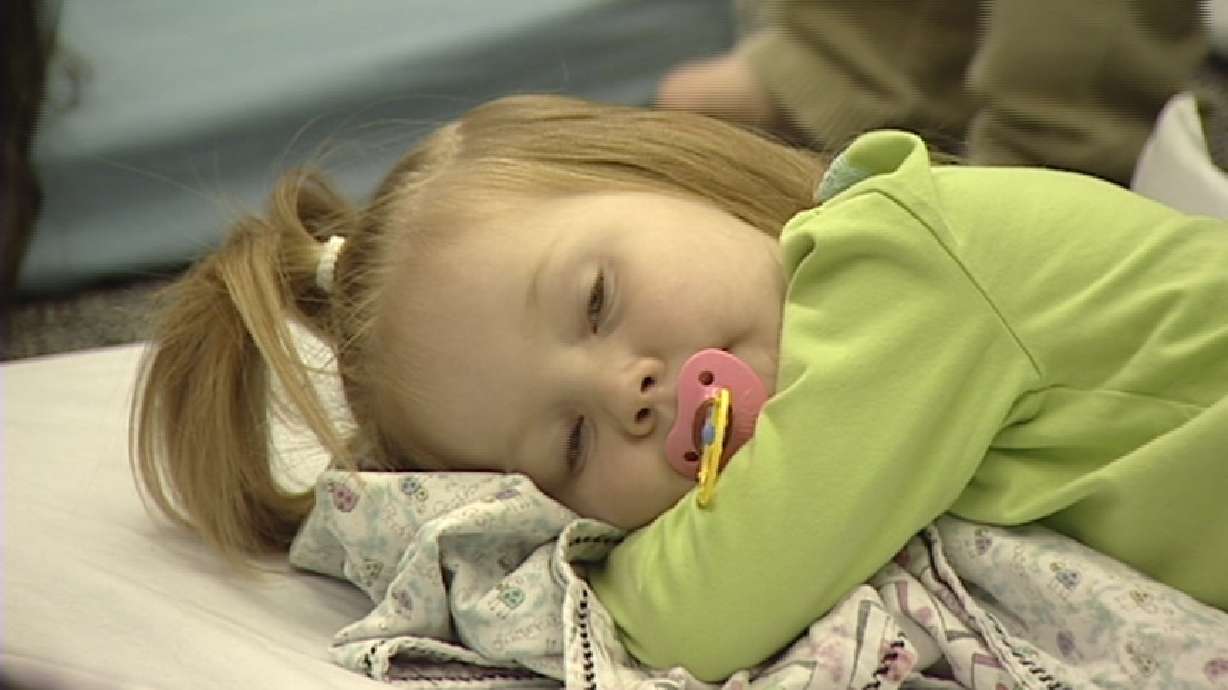Estimated read time: 2-3 minutes
This archived news story is available only for your personal, non-commercial use. Information in the story may be outdated or superseded by additional information. Reading or replaying the story in its archived form does not constitute a republication of the story.
Brooke Walker ReportingA new study published in the journal Ambulatory Pediatrics reveals many parents don't know when their child is too sick to go to daycare. Local daycare providers agree, saying this time of year they start to feel more like doctors than baby-sitters.
If you're a parent you may have already experienced the sniffling and coughing that typically comes with the change of season. But just how sick is too sick?
At any daycare sharing toys just comes with the territory. Unfortunately, so does sharing germs.
Charlene Catania: "They are side by side they are together. They try to share each others food they are kissing and hugging. They are like siblings."
The close contact wouldn't be a problem if they weren't sick. On average, day care provider Charlene Catania says she sends home two to three children per week, kids that, according to national guidelines, shouldn't be there in the first place.
Charlene Catania: "Children will show up they have a fever, and parents just don't understand."
That lack of understanding becomes a big problem when parents receive a call to come pick up their kids just hours after dropping them off.
"We do have some that get quite angry because they have to take the day off, they are missing work, they are missing time their bosses are getting angry with them."
While Catania understands the inconvenience, one sick child is all it takes.
Charlene Catania: "You get the other children sick. You can't have that. And then we have a whole multitude of sick kids."
But just when does a runny nose become a real problem?
Charlene Catania: "If they are not feeling well enough to be able to participate in the activities, they should not be at day care."
According to Dr. Wendy Hobson, the first red flag is a fever.
Dr. Hobson: "A fever over 101, a lower grade fever is usually okay."
Other symptoms that require at-home stay are:
- Uncontrolled coughing
- Wheezing
- Persistent crying
But unknown to many parents, symptoms that don't require a child to stay home include:
- A runny nose
- A rash
- Red, watery eyes.
But once a fever accompanies any of these symptoms, take notice, because one day off can make the difference.
Dr. Hobson: "If they kept them home that one day, they probably won't get sick, full blown."
The American Academy of Pediatrics updated these national guidelines just a few years ago.








